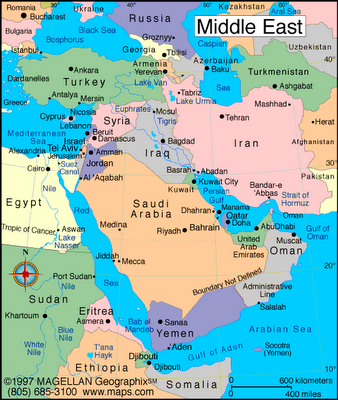the blog profile
Selecting "favourite" artists for your blog profile is serious business. Your profile is your face and clothes in cyberspace, and should be given the same careful consideration, treated with the same care.
Many panic and actually select their favourite artists, the cyberspace version of not paying attention to the clothes worn by your peers, ignorant of what is obvious to the socially successful. You only end up looking like a child lost in an amusement park, too overwhelmed to laugh and play with the other kids.
This post should be seen as nothing more than a wakeup call. There is no static formula, that is the nature of any dynamic efficient market. Leniency should not be asked nor given, and pity is the kiss of death. You must make your optimal statement, where optimality should be a function of only your taste in people. Any other consideration is merely a distraction, there to lead the weak astray.
The rookie mistake is to include too many consensus artists in your selection, for example someone like Robert de Niro. Everybody knows Bobby (God rest his soul) used to be the king: you are making no statement whatsoever. Pointless, unless you only want to impress others who do not understand the subtleties of the game. Unfortunately most people find them uninteresting, even their own kind.
Of course, that's a rule of thumb. Like I say: there are no static formulas. Formulas can exist only fleetingly. Through their effectiveness and ability to spread they quickly render themselves obsolete.
A good example of the esoteric nature of the game then: breaking rule number 1 above can be very effective when a good mundane selection is artfully juxtaposed against an especially unconventional and cutting edge collection. This should not be attempted by just anyone.
Mere mortals to their eternal frustration sense a brilliant compilation, but they find the dynamic canvas too overwhelming to see the big picture at all clearly. They can never emulate such an assembly, and therefore respect and envy the mysterious statement made.
Ultimately there is just one way to be sure you have successfully crafted your portfolio: you attract the attention and approval of those who have blog identities that you find attractive, even if only on the surface. This is the only criteria, connecting with others is always the point. If it isn’t, you've come to the wrong place.
So a word to the wise: take the time, once a month (like I said it’s a dynamic, fast moving and unforgiving racket) to make sure your choices fit just right. Lure them into your consciousness, never allowing formulism to expose the limits of your artistic insight and foresight. And never trust anyone that says appearance doesn’t matter.














